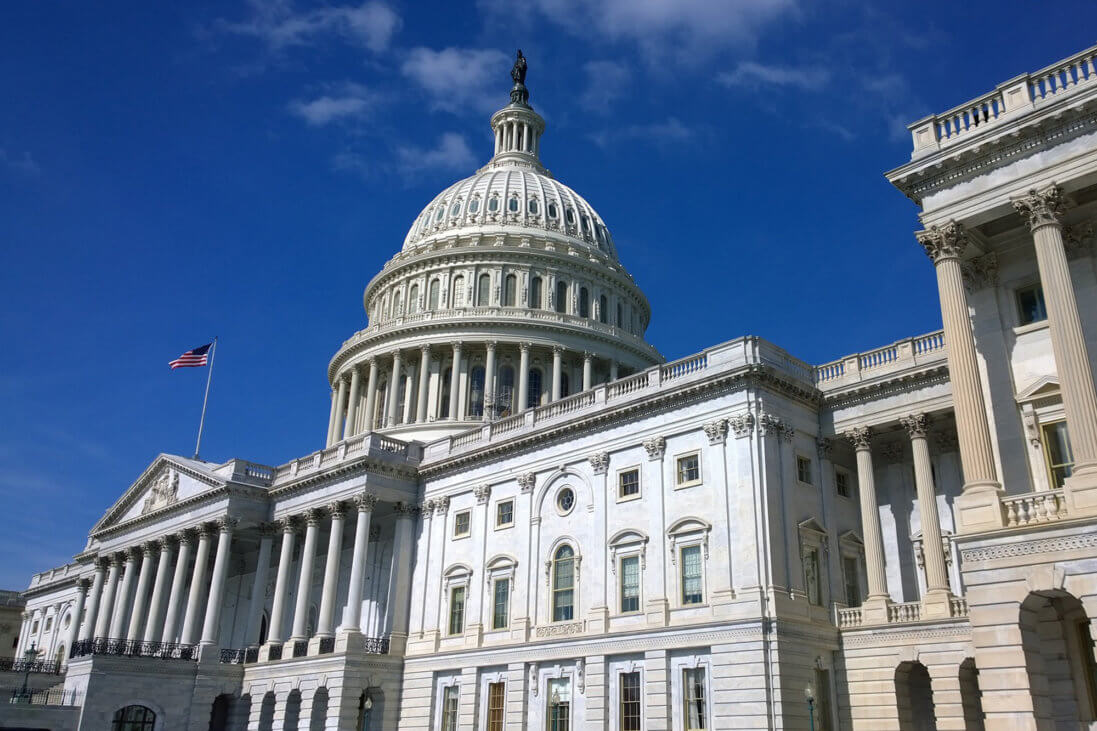
Feb. 13, 2019
Calling for “a targeted solution to providing the FAA with funding certainty” during federal government shutdowns, NBAA highlighted several negative impacts from the recent 35-day partial shutdown to the business aviation community in a hearing before the U.S. House Committee on Transportation & Infrastructure.
In written testimony submitted ahead of the Feb. 13 hearing, “Putting U.S. Aviation at Risk: The Impact of the Shutdown,” NBAA noted that reduced staffing limited the Federal Aviation Administration’s (FAA’s) Flight Standards District Offices (FSDO) to only safety-critical services, leaving such duties as new aircraft registrations, pilot recertification and safety authorizations unattended.
For example, NBAA member company Jet Logistics, Inc. was unable to add two critically needed aircraft to its charter certificate to support human organ-transplant flights. A Part 135 regional cargo operation was forced to ground four of its five aircraft as the company’s check airman could not renew their authorization to conduct pilot qualification flights, resulting in “serious financial consequences for both the cargo company and the clients that rely upon its service,” the testimony stated.
Flight-training providers were among the hardest hit during the shutdown, with training reauthorizations and certificates left unissued, and a critical backlog for approval of flight simulators making it essentially impossible to conduct training activities that are critically needed in the face of an ongoing pilot shortage.
“Training providers work in close partnership with the FAA, and for this system to generate qualified pilots, there simply cannot be extended government shutdowns where critical authorizations expire,” NBAA noted.
While NBAA lauded the committee’s work in deeming the FAA’s Aircraft Registry an essential service under the FAA Reauthorization Act of 2018, the inability to secure FAA legal opinions from the Office of Aeronautical Central Counsel during the shutdown had the unwelcome ripple effect of delaying several aircraft being placed into service.
To ensure such events are not repeated as prospects for future government shutdowns loom, NBAA thanked House T&I Committee Chairman Peter DeFazio (D-4-OR) and Aviation Subcommittee Chairman Rick Larsen (D-2-WA) for their introduction of H.R. 1108, the Aviation Funding Stability Act of 2019, which would permit the FAA to continue operations and pay employees during government shutdowns, drawing from the Airport and Airway Trust Fund.
Read the industry letter NBAA signed on to in support of this bill.
“The 11,000-member companies with NBAA appreciate the dedication and commitment of FAA employees during the extended shutdown,” the testimony concluded. “Through their work, our system continued operating, but we must understand the significant consequences and work to avoid another FAA shutdown in the future.”


 International Business Aviation Council Ltd.
International Business Aviation Council Ltd.